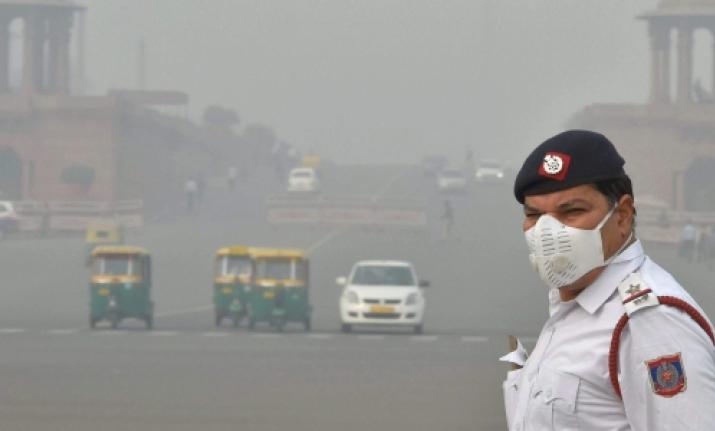
Expansion of coal energy may result in 60% rise in annual premature deaths

Can a coal plant coming up at a distant location be the reason for doubling of premature deaths in Bengaluru?
Well, a recent international report says it is very much possible with Bengaluru’s air pollution likely to double in the next decade if the Centre’s plan to expand its coal fleet by 28 per cent sees through.
C40, a network of 100 mayors of the world’s leading cities, said that the Government of India’s ambition to expand its coal fleet by 65 megawatts (MW) by 2030 could result in 60 per cent rise in the number of annual premature deaths due to air pollution in five major cities — Mumbai, Bengaluru, Chennai, Kolkata and Delhi.
The expansion of coal could cause 52,700 premature deaths, 31,300 preterm births, 46,800 asthma emergency hospital visits in the five above mentioned cities in the next 10 years.
The general perception that with Bengaluru’s ambient weather conditions one need not worry about pollution from coal-based plants is untrue. Pollution caused by coal plants can travel up to 500 km. As a matter of fact, 14 per cent of India’s coal-based electricity is generated within 500 km from Bengaluru, the C40 report stated.
The report says the situation is equally alarming in other parts of the world. Globally, 2,64,900 people could die prematurely between 2020 and 2030 if current plans to expand coal fleets are not changed. Ironically, cities that will suffer the most are majorly responsible for expansion in the coal sector because they account for almost two-thirds of global energy consumption.
“Decarbonising electricity used by cities will lead to huge reductions in urban greenhouse gas emissions and air pollution, while also creating good green jobs and providing increasingly cheaper and more secure energy,” the study stated.
Over the coming decade, the economic health costs associated with coal pollution is estimated at 46.5 billion USD, more than twice as much as India’s total public health expenditure in 2018, says the study, conducted in 61 cities across 27 countries.
World’s most polluting coal plants are situated in India, South Africa, Australia, Thailand, Vietnam, Turkey and Indonesia. Closer home, in India, more than half the coal is extracted within a 500-kilometer radius of the five cities mentioned above.
Kolkata will be the worst affected as it may lose more than 3,000 people prematurely due to air pollution between 2020 and 2030.
Also read: Govt’s coal push contradicts clean energy push, lays bare dark underbelly
Renewable energy offers hope not just in terms of reduced air pollution, but also by generating 1,60,000 new jobs.
To contribute to limiting global temperatures to a 1.5 degree rise, India’s coal use must peak “at the latest this year, and reduce by 20% between 2021 and 2030, with the entire fleet of Indian coal plants being retired by the year 2045 to reduce emissions in line with a 1.5 degree C climate scenario,” the study said. As part of its Paris Climate Change Agreement commitments, India has pledged to reduce emissions by 33 to 35 per cent below 2005 levels.
“By continuing to support coal-fired power plants, national and state governments are threatening the health and well-being of all those living in major Indian cities while undermining India’s air quality targets. India’s current national coal policies fall dramatically short given that current plans would expand the coal fleet by 28% between 2020 and 2030 not reduce it by 20%, which global 1.5 oC-compliant climate targets require. Current coal plans could increase the number of annual premature deaths from coal-related air pollution in major Indian cities by 60%,” Dr Rachel Huxley, Head of knowledge and research at C40, said in a statement.


